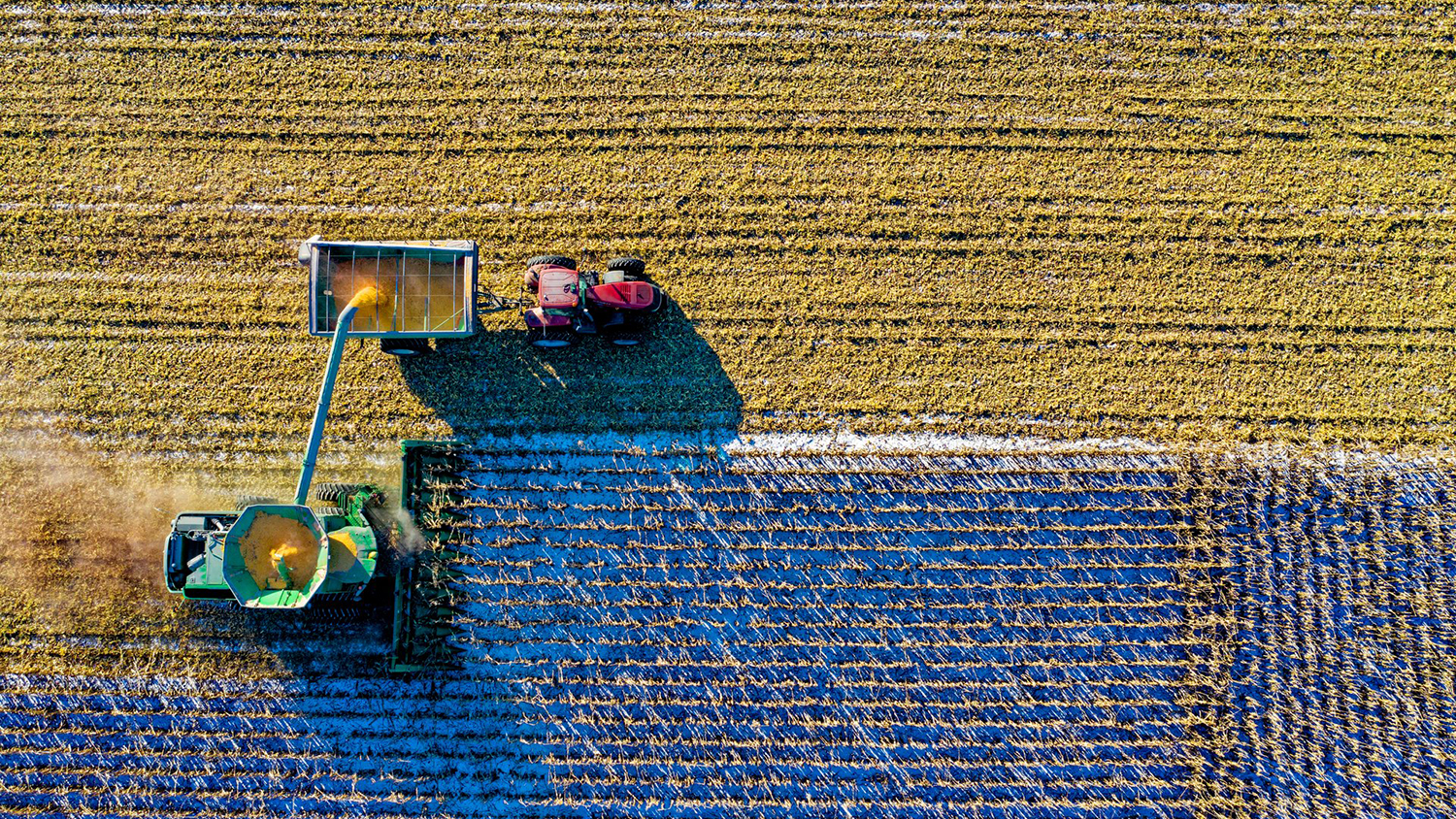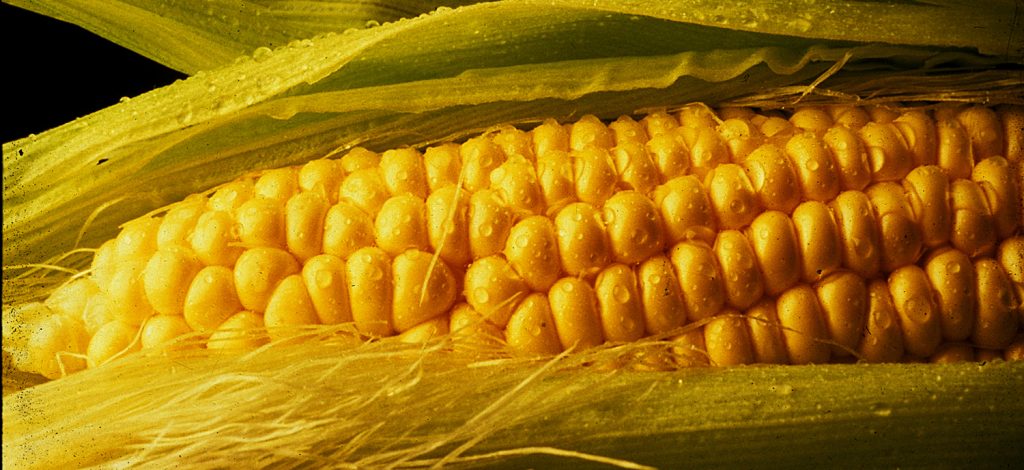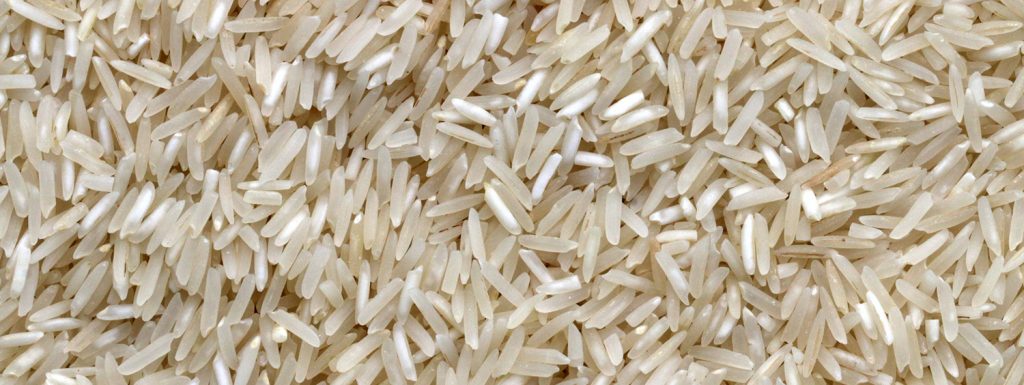Climate Change, Crop Yields and Risk Management for Farmers

Editor’s Note: This is a guest post by Rod M. Rejesus, a professor of agricultural and resource economics and extension specialist at NC State. This post is part of a series highlighting ways that NC State is helping us understand, mitigate and prepare for the impacts of climate change.
“If you ate food today, thank a farmer!” This popular slogan has circulated in social media (as well as mainstream media) in recent years, highlighting the importance of farmers and the agricultural industry in supplying the food we eat every day. But agriculture is one of the most climate-sensitive industries worldwide; the nature of farming means that growers are exposed to the vagaries of weather and climate.
For example, systemic changes in temperature, atmospheric carbon dioxide (CO2), and the frequency and intensity of extreme weather could have significant adverse impacts on crop yields and the supply of food we eat.
Agriculture is also a major industry that contributes significantly to the economies of most countries (including the United States). Agriculture is a major source of livelihood for a large proportion of rural communities across the globe. In other words, climate change has the potential to threaten both our food supply and farmers’ livelihoods.
With this “climate change threat” to agriculture, a key challenge to agricultural science is to further understand the nature of how climate change adversely affects the yields of various crops worldwide. Once the yield effects of climate change are better understood in the context of how crops are being grown today (i.e., using past or current technologies and practices), it is important to discover and research ways farmers can utilize new agricultural technologies and practices to mitigate the adverse effects of climate change. Moreover, information about these new climate change adaptation and mitigation practices must also be passed on to farmers through extension and outreach programs.
NC State is at the forefront of this challenge – conducting research and providing outreach to better understand and address the issues related to climate change and its impacts on crop yields in agriculture.

I contribute to this effort by examining climate change issues affecting corn and other commodity crops in the U.S., as well as issues affecting rice in other countries – particularly those in Asia.
Domestically, I contributed to research published in the journal Science that shows corn yields in the U.S. corn belt are becoming increasingly sensitive to drought conditions in spite of varietal improvements in corn cultivars and advances in agronomic practices. Although average corn yields are still steadily increasing under drought conditions (albeit at a lower rate relative to ideal growing conditions), the adverse impact of drought conditions has become increasingly larger over time. Average yield increases are getting smaller in drought conditions. A similar trend is observed in soybeans but not as severe. The observed sensitivity to drought stress can be attributed to higher planting densities that accompanied the use of improved cultivars over time.
The finding that corn yields are becoming more sensitive to drought events (and heat stress in general) have important implications for the future risk management strategies of farmers, especially in the presence of further climate change. As such, I am involved in research that assesses the economic feasibility and impacts of agricultural technologies and agronomic practices that can potentially mitigate the increased risk posed by climate change (e.g., cover crops, planting densities, tillage practices, planting dates, etc.).
I am also involved in projects that aim to improve the U.S. crop insurance program to better serve the risk management needs of farmers and help them in times of extreme weather events that results in revenue losses. I was also involved in a survey to understand how U.S. farmers perceive climate change. In general, this study suggests that farmers in four U.S. states are skeptical of the adverse yield effects of climate change. Hence, outreach activities to promote climate change mitigation and adaption practices need to be more creatively structured given the inherent skepticism of growers.

In addition to my work in the U.S., I’m engaged in research studies that examine the effects of climate change on crop yields in other countries.
Rice is a food staple worldwide, with nearly half of the world’s population consuming it daily. One of my Ph.D. students is involved in examining how modern rice varieties can mitigate the adverse effects of warming temperatures. This study shows that recent rice breeding advances have indeed mitigated the adverse rice yield effects of warming, but development of new varieties that are more tolerant to heat is still needed – because temperatures are expected to rise in the future. Aside from new rice varieties, I have also examined the impacts and economic feasibility of new water-saving irrigation practices that can help rice producers attain similar yields using less water.
Climate change is one of the biggest societal challenges of our generation and the search for ways to mitigate and adapt to this phenomenon needs to continue, especially if we are to have an agricultural sector that can adequately supply food for a world population approaching 10 billion by mid-century. NC State will be a part of this quest.


